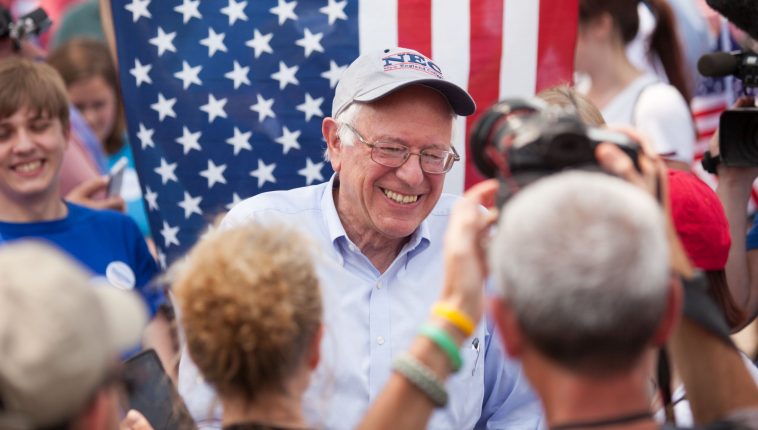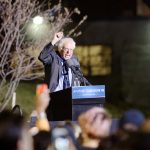In a positive sign looking forward to Nevada, just as in Iowa, Bernie Sanders did well with the kind of groups that can take him to the nomination.
And in a further boost to his electability argument, exit polls showed Sanders won around half of all independent voters. Here are a number of key takeaways, the first 4 based on the Washington Post exit poll and CNN data from 2016:
- Sanders won the votes of 38 percent from those in households earning under $50,000 per year and 31 percent in the $50,000-$99,999 bracket, with Buttigieg winning 34 percent of those earning over $100,000; these groups made up 83 percent of the Nevada electorate in 2016 (as opposed to 60 percent yesterday in New Hampshire), a good sign for Saturday week
- Sanders won 30 percent of union households, which made up 17 percent of the New Hampshire electorate but accounted for 28 percent of the 2016 Nevada electorate
- Sanders won 34 percent of voters who raised income inequality as their main issue, 21 percent of the New Hampshire electorate but 28 percent of the 2016 Nevada electorate
- Sanders won 48 percent of voters who identified as very liberal, who made up 21 percent of the New Hampshire electorate but made up 33 percent of the 2016 Nevada electorate
- Sanders won a plurality of non white voters, a small fraction of the New Hampshire electorate but 41 percent of the Nevada electorate in 2016
With it now appearing as though Sanders two main competitors will be moderate candidates Pete Buttigieg and Amy Klobuchar, both of whom have polled poorly with less well off and especially minority voters, these numbers all indicate the potential for Sanders to perform well in the comparatively less well off and more diverse states of Nevada and South Carolina.



